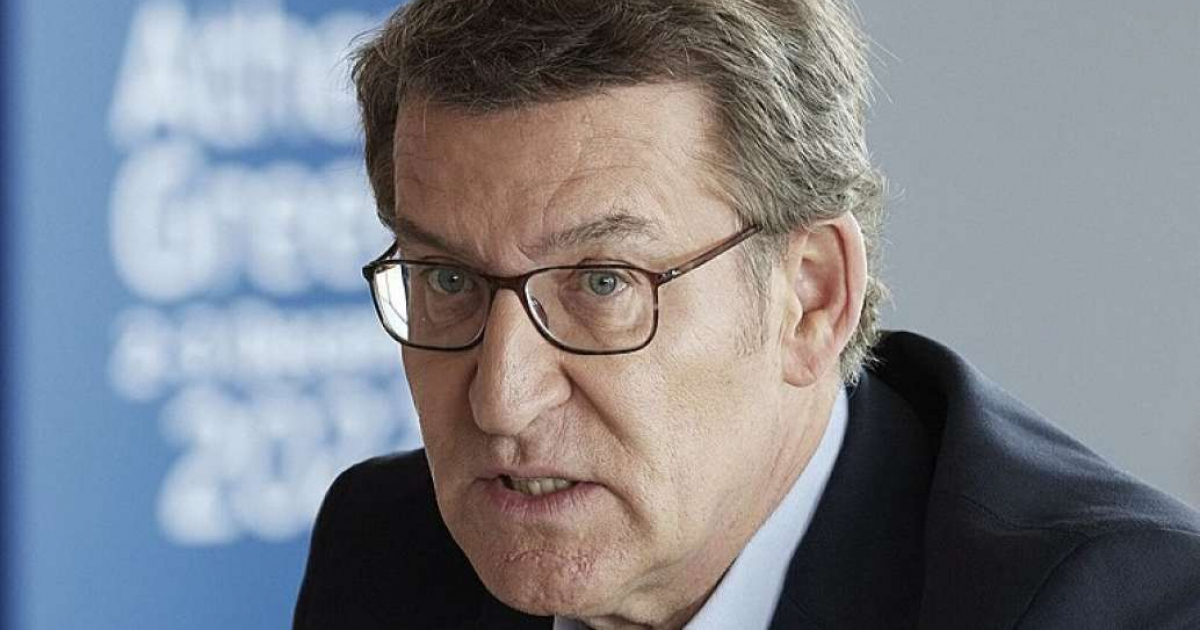
Alberto Núñez Feijóo, leader of the Spanish Popular Party, assured thatIf he wins the general election this month, will repeal the Democratic Memory Law (Grandchildren Law) and support a transition process in Cuba.
By making known hiselectoral programFeijóo expressed that his party will repeal said law, and that it will promote a new consensual norm that reinforces democratic principles and national reconciliation.
"Spain must firmly support the defense of human rights and the transition to democracy in Cuba, Venezuela and Nicaragua. Along with this, we must be the bridge with the European Union with initiatives such as the signing of the Free Trade Agreement with Mercosur", specifies the text.
The document points out that Spain must continue to promote the system of Ibero-American Summits as the main mechanism of political, economic and social cooperation, and advocates that it play a more active role in facing the challenges of the region.
"Freedom, democracy and respect for human rights are at the base of the Ibero-American community of Nations. We will defend these values in the region and we will give firm support to democratic forces, especially, at this time, in Venezuela, Cuba and Nicaragua," he details.
The right-wing Popular Party is the main political opposition force in Spain that faces the Socialist Party.
In June, Núñez Feijóo promised that if he wins the electionswill repeal the Democratic Memory Law (Grandchildren Law), but will shield the nationality process that would benefit hundreds of Cubans.
The politician declared his intention to enact a specific law to regulate the nationality of descendants of Spaniards, ensuring that this would protect and dignify their status, disassociating themselves from the civil war and other regrettable events in the country's history.
Given the procedures that are already underway, he assured that the grandchildren and descendants of Spaniards had nothing to fear and promised to create a specific law to disassociate nationality from ideology and events of the past.
Until April,Cuba was the country where the most people obtained Spanish nationality through the Democratic Memory Law which came into effect in October.
Since then, 4,041 applications for nationality had been received at the Consulate General in Havana, of which 1,970 had already been registered at the end of January.
What do you think?
COMMENTFiled in: